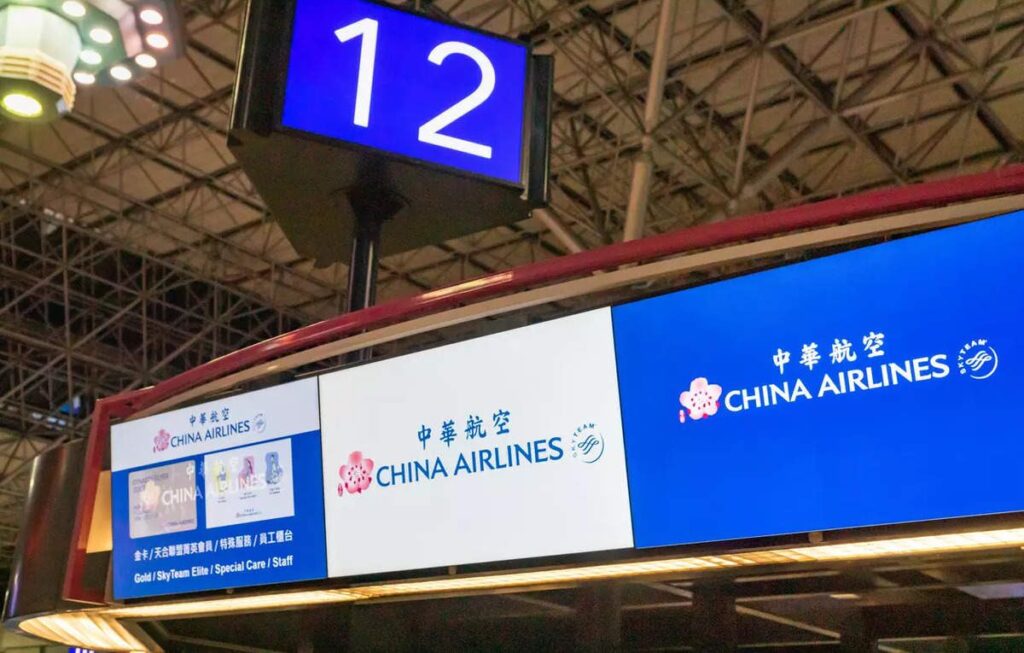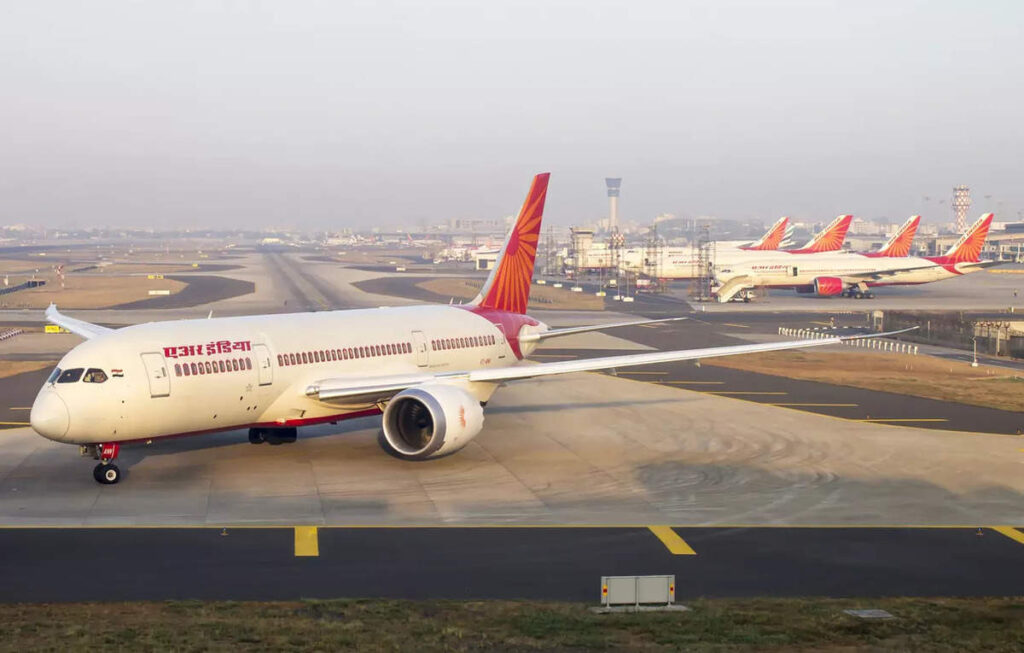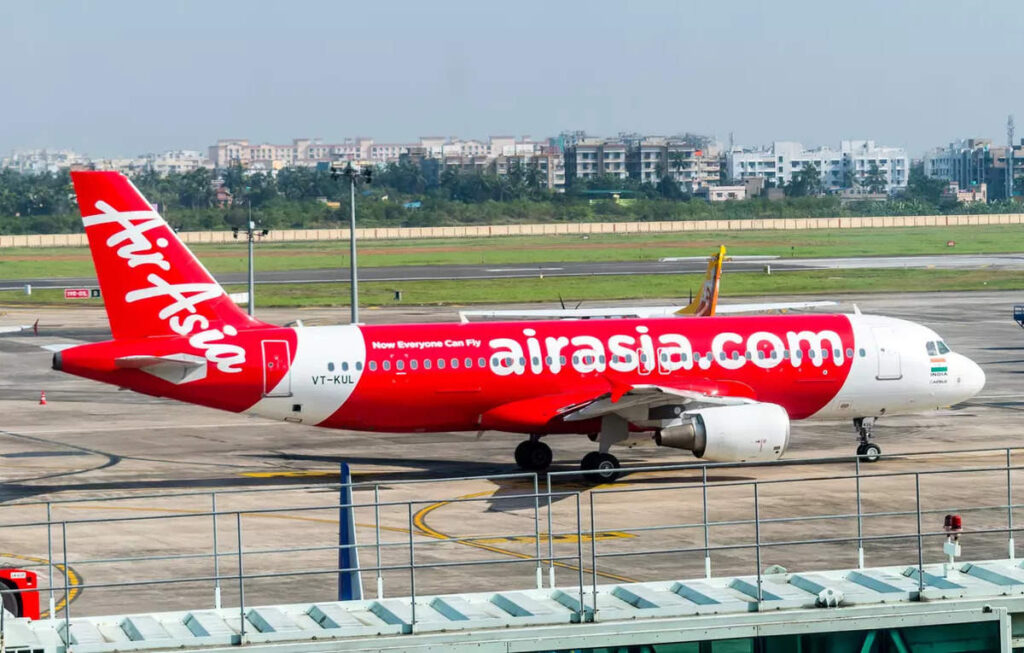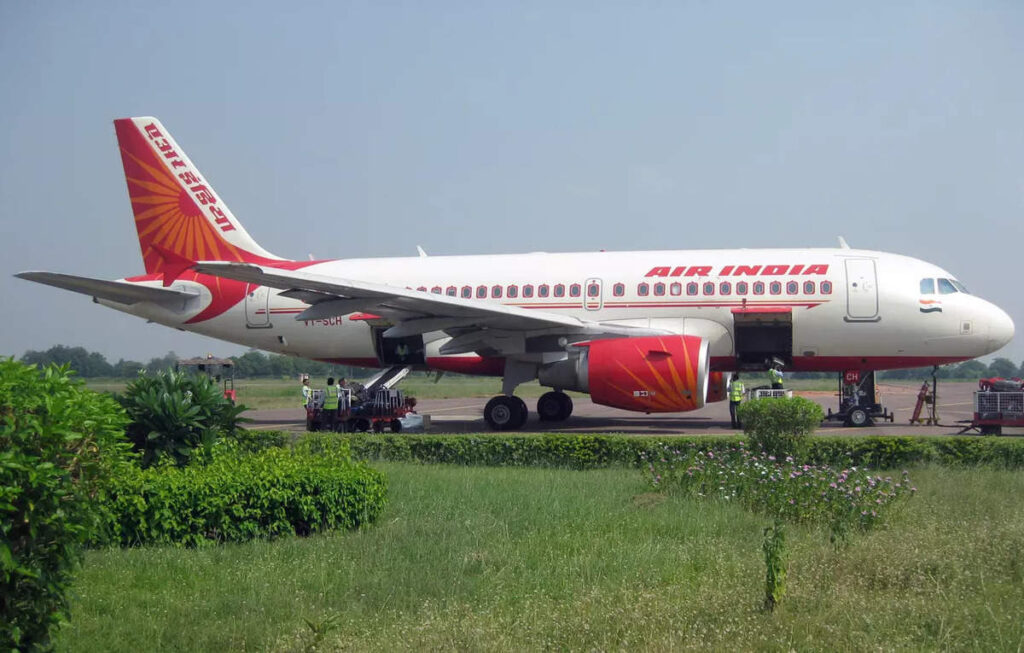China‘s aviation regulator said on Friday it had opened new air routes to the Chinese cities of Xiamen and Fuzhou with flight paths situated very close to the Taiwan-controlled islands of Kinmen and Matsu, in a move likely to anger Taipei.
Taiwan‘s government expressed anger in January after China “unilaterally” changed a flight path called M503 close to the sensitive median line in the Taiwan Strait. The new routes to Xiamen and Fuzhou connect to the M503 flight route.
The median line had for years served as an unofficial demarcation between Chinese-claimed Taiwan and China and was not crossed by combat aircraft from either side.
But China says it does not recognise the line’s existence and Chinese warplanes now regularly fly over it as Beijing seeks to pressure Taipei to accept its sovereignty claims.
China had said in January it was opening routes from west to east – in other words, in the direction of Taiwan – on the two flight paths from Xiamen and Fuzhou, but had not until now announced when they would go into operation.
China’s civil aviation regulator said in its brief statement on Friday that those routes were now in operation, adding that from May 16 it would “further optimise” airspace around Fuzhou airport. It did not elaborate.
The regulator added that the changes to the flight paths will help meet the “development needs” of flights along the Chinese coast, ensure flight safety, enhance the ability to respond to thunderstorms and improve normal flight operations.
There was no immediate reaction from Taiwan’s government, which has previously accused China of threatening aviation safety and seeking to use flight routes to further pressure Taipei for political purposes.
Kinmen and Matsu both have regular flights to Taiwan, and Chinese aircraft are not permitted by Taiwan to fly in the airspace Taipei controls around both island groups.
Flights to and from Taiwan and China’s Xiamen and Fuzhou take a circuitous route skirting the median line rather than flying directly across the strait.

Amid rising tensions in the Middle East, airlines including Air India, Vistara, and IndiGo have altered flight paths to avoid Iranian airspace. The Civil Aviation Ministry has advised carriers to conduct their own risk assessments. The geopolitical situation may lead to longer routes, increased fuel costs, and potential airfare hikes for international flights.
Taiwan has complained about the M503 route before, in 2018, when it said China opened the northbound part of it without first informing Taipei in contravention of a 2015 deal to first discuss such flight paths.
The democratically elected government of Taiwan rejects China’s sovereignty claims and says only the island’s people can decide their future.
- Published On Apr 19, 2024 at 01:33 PM IST



















